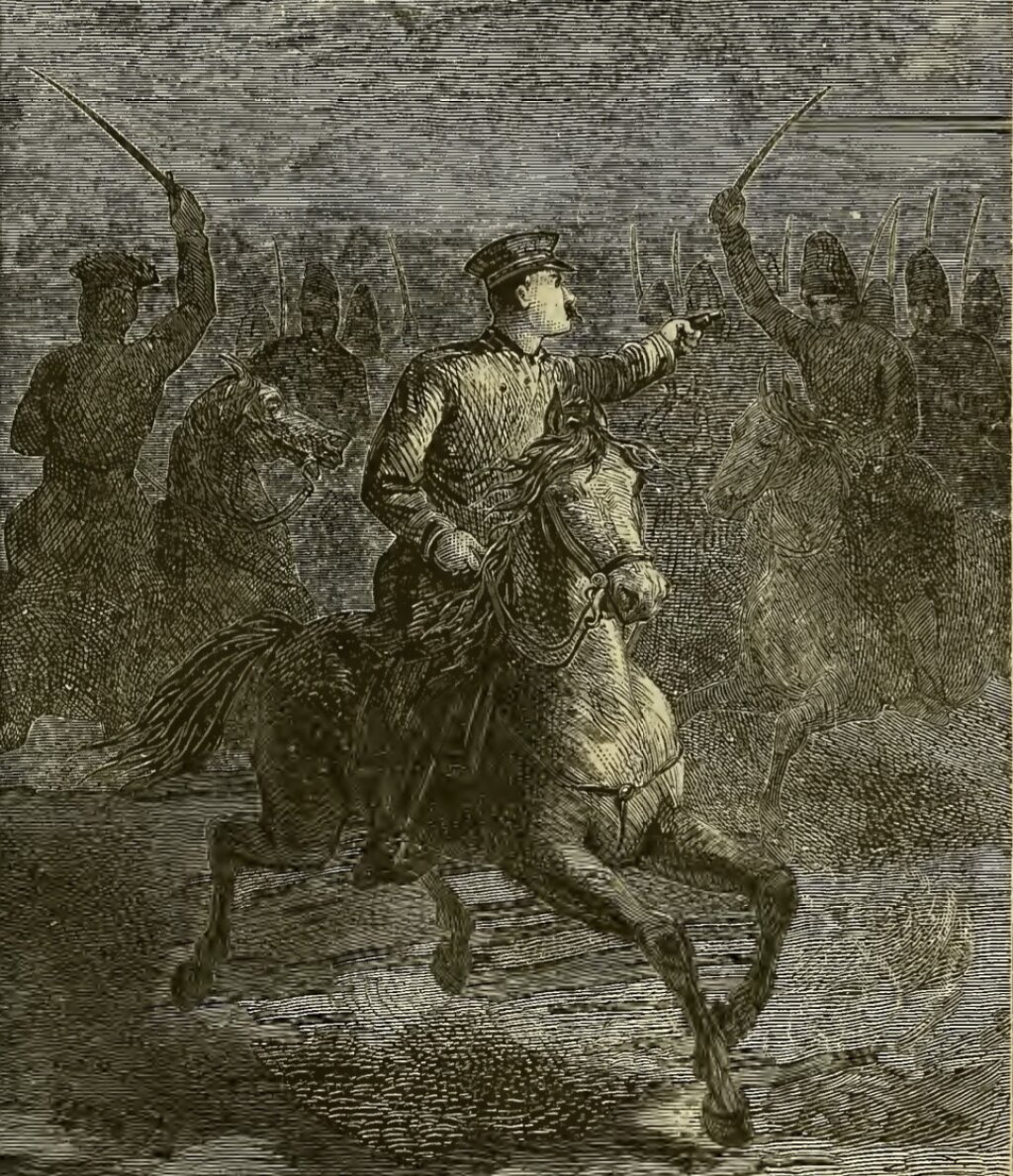The event is online only. Register for Zoom.
To this day, Russia is held in high esteem for its contributions to international law in the second half of the 19th century. Strikingly, this period also featured the most violent episodes of Russia’s conquest of Central Asia. Taking its cue from this tension, this paper juxtaposes legal debates with Russia’s conduct in Central Asia to argue that Russia’s promotion of international law served as a tool to claim equal civilizational status with Western Europe at the expense of its Central Asian opponents. By advocating an exclusionary understanding of international law, Russian scholars contributed to a disjunction between international law in Europe and warfare in colonized peripheries like Central Asia, giving Russia and other imperial powers carte blanche in conflicts with non-European opponents. Indeed, Russian diplomats initiated important conferences in Brussels and The Hague to strengthen the laws of war. Yet the newly codified rules applied only to intra-European conflicts, implicitly suggesting that violence against non-European actors lay beyond the scope of legal regulation. Thus, Russian international lawyers turned a blind eye to the conquest of Central Asia. When the massacres against the Yomut Turkmens and the Akhal-Teke threatened to undermine Russia’s standing as a civilized power, they offered sweeping justifications for the excessive violence. Due to the disjunction between international law in Europe and warfare in colonial peripheries, Russia managed to reconcile and benefit from the prestigious promotion of international law in Europe and the simultaneous use of extreme violence in the Central Asian campaigns.
SPEAKER: Jonas Wieschollek (Queens College, University of Cambridge)
SOBESEDNIK: Svetlana Gorshenina (Centre national de la recherche scientifique/Sorbonne University)



